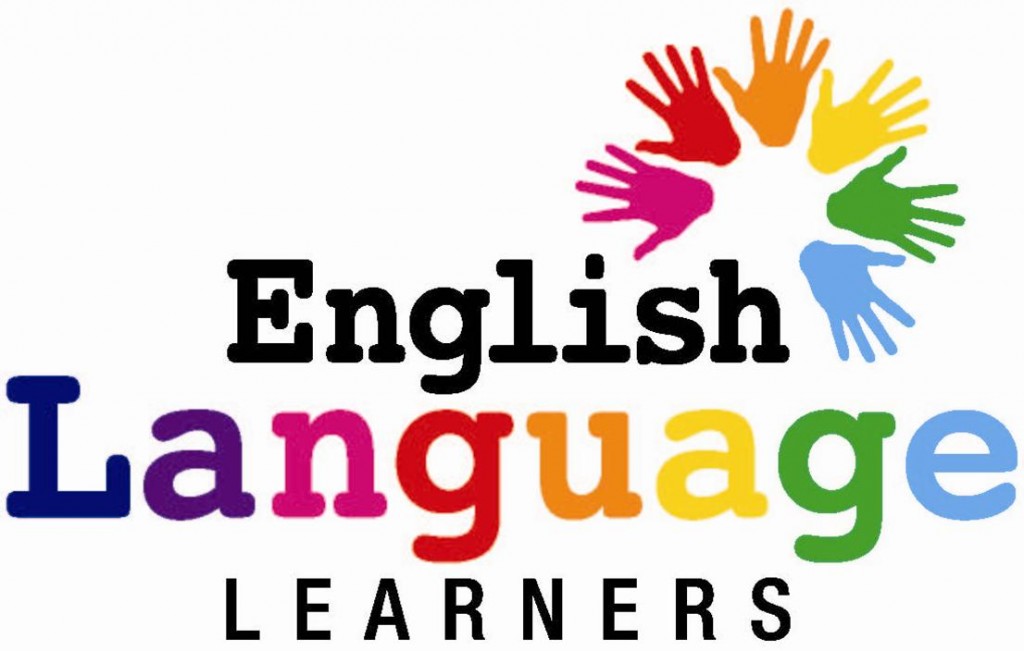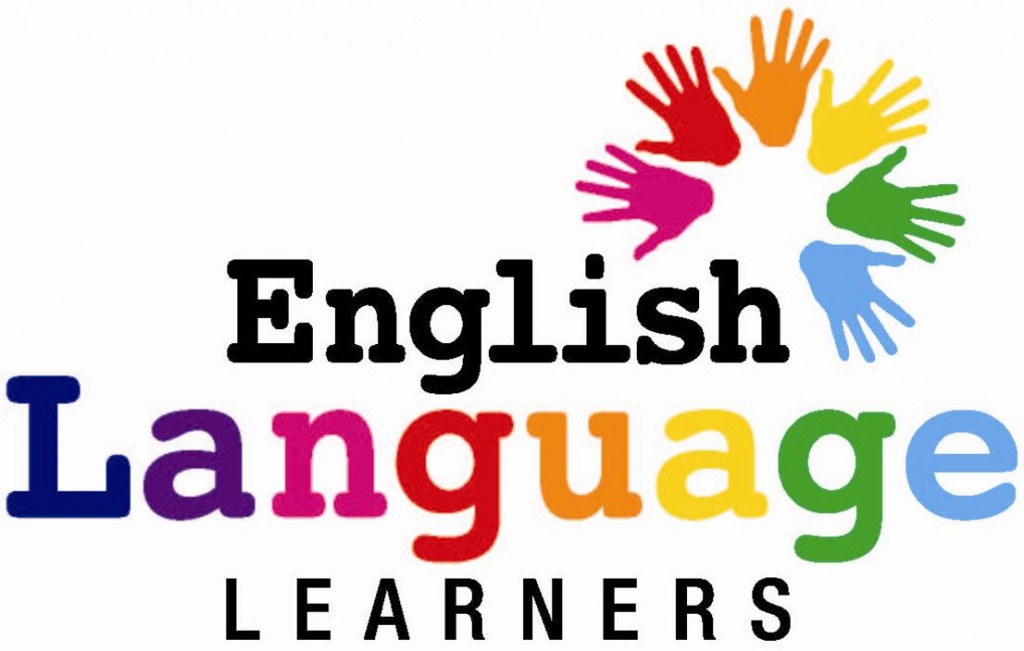Hello Aspirants. Welcome to Online English Quiz in AffairsCloud.com. Here we are creating Best question samples from READING COMPREHENSION which is based on IBPS PO MAINS PATTERN. !!!
What do Indian parents want? Indian parents want their children to get a ‘good’ education.
Given their resources and their understanding of education, they look for the best school their money can buy. They send their children to tuition or coaching classes and they buy other school materials.
The assumption is that ‘more is better’ — more years of schooling, more supplemental
inputs into schooling and more expenditure. For most parents, whether rural or urban, high
income or low income, ‘success’ means doing well in exams. Exam performance is the only way to get to the next stage, whether it is to further education or into the workplace. What does the government want? The Right to Education law requires government to ensure
that every school in the country has a specified set of inputs and processes.
Here the belief is that once these are in place, ‘education’ will be guaranteed. Underlying the
government’s push to provide inputs is the assumption that more is better but appropriate number of qualified teachers, classrooms, days of teaching are needed. Going by what is stated in the RTE document, ‘success’ means that all schools have all the mandated inputs and processes, all children in India in the age group 6 to 14 are enrolled in school and all children complete eight years of schooling.
What does the evidence say? Data from all sources in India point to enrollment levels that
are well above 96%. Putting both centre and state together, expenditures on elementary education in India have risen from Rs. 62,000 crores in 2006-07 to an estimated figure of Rs. 112,000 crores in 2010-11 While there are still input gaps, the number of teachers and basic facilities is rising consistently each year.
Both in policy and in practice, our education system needs at least three fundamental and urgent shifts. First, capabilities and learning goals need to be articulated for each stage of the education system. These goals need to be clearly stated and be understood by ordinary people. Goals need to be such that most children can achieve them at each stage.
Clear articulation of goals will help everyone to understand that simply knowing textbook content or doing well in exams is not the objective of the education system. Parents and communities must understand what the school system is supposed to achieve. This understanding can lead to local accountability and also to support for schools. Second, all elements in the school system need to be aligned in both design and implementation to maximize the possibility of reaching the goals.
These elements include appropriate allocation of funds, teacher preparation, curriculum, textbooks, methods of teaching, materials, organization of schools and monitoring. A continuous system of field support and review will allow refinements and changes to be made to figure out what works. Third, in a country with a weak culture and appetite for measurement, simple methods have to be used on scale to gauge the progress being made every year. Such measurements need to be carried out by both the government and citizens.
The measurements should help school systems internally to refine and review their procedures and enable parents to pressurize schools to do better.
- Which of the following has been stated about educational goals ,in the passage?
A. They should be achievable
B. They should be simple enough to be understood
C. They should be specified at each stage of education system
D. They should be clearly stated
(1) Only B and C
(2) Only C and D
(3) Only D
(4) All except A
(5) All of the above(5) All of the above
2. Why do Indian parents look for the best school their money can buy?
(1) They want their children to receive the best education
(2) They want to show-off their status to the society
(3) They want to check the standard of education
(4) They want their children to pressurize the schools to provide better education.
(5) None of these
3. Which of the following elements of the school system need to be aligned , according to the passage?
(1) Teacher preparation
(2) Organization of schools and monitoring
(3) Teaching material
(4) Allocation of funds
(5) All of the above
4. Which of the following is FALSE , according to the passage?
(1) Measurements need to be carried out by both the government and citizens.
(2) Expenditures on elementary education in India have risen
(3) According to RTE, all children should complete ten years of schooling
(4) In the present education system, exam performance is the only way to get to the next stage
(5) Parents and communities must understand what the school system is supposed to achieve
5. According to the passage, which of the following is not the objective of the education system?
(1) Attaining educational goals
(2) Progress measurement
(3) Exploring one’s talent
(4) Knowing textbook content
(5) All of these
6. For most parents, according to the passage, what is meant by ‘success’?
(1) Be able to earn a living
(2) Performing well in the exams
(3) Be able to live a luxurious life
(4) Having a life full of achievements
(5) None of these
7-8. Choose the word which is most nearly the SAME in meaning as the word printed in bold as used in the passage.
7. Refine
(1) Educate
(2) Restore
(3) Exceed
(4) Tame
(5) Improve
8. Evidence
(1) Indication
(2) Data
(3) Authority
(4) Basis
(5) Support
9-10. Choose the word which is most nearly the OPPOSITE in meaning as the word printed in bold as used in the passage.
9. Aligned
(1) skew
(2) correct
(3) adjust
(4) check
(5) Ageree
10. Supplemental
(1) adscititious
(2) derivative
(3) essential
(4) supporting
(5) auxiliary



